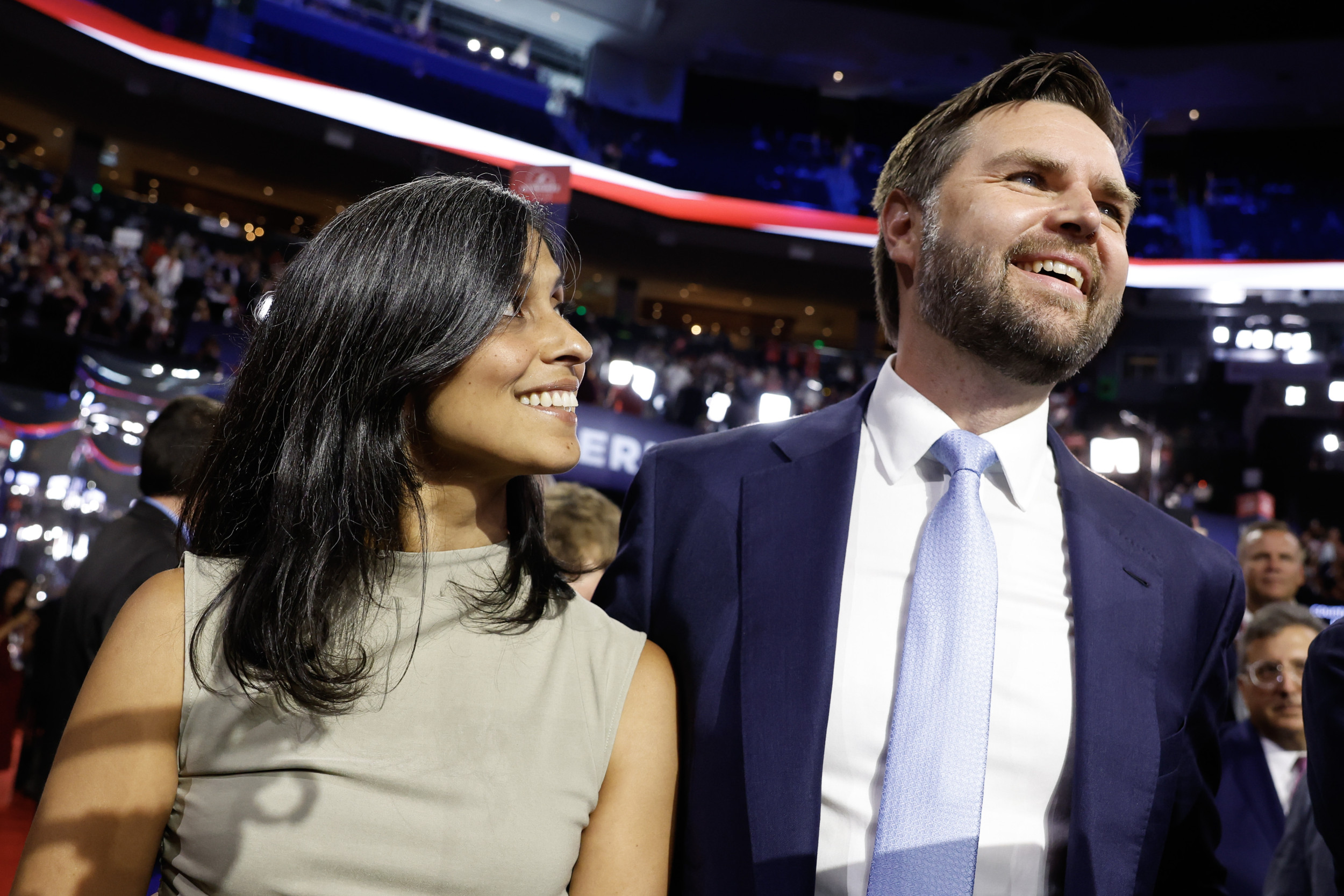The topic of in vitro fertilization (IVF) is one that evokes strong opinions, and JD Vance is no exception. As a prominent political figure and author, Vance has made headlines for various views, particularly regarding family and reproductive rights. This article delves into JD Vance’s perspective on IVF, exploring his background, public statements, and the implications of his stance on this significant reproductive technology.
In recent years, IVF has become a beacon of hope for many couples struggling with infertility. However, the political discourse surrounding reproductive technologies, including IVF, often intersects with personal beliefs and societal values. JD Vance, a U.S. Senator from Ohio, has publicly expressed views that reflect his conservative ideology, which raises questions about his position on IVF and reproductive rights in general.
This article aims to unpack the complexities of JD Vance's viewpoint on IVF, providing insight into his political philosophy, public statements, and how these relate to broader discussions about reproductive health. We will also examine the implications of his stance on individuals and families considering IVF as a viable option for building their families.
Table of Contents
- Biography of JD Vance
- What is IVF?
- JD Vance's Views on IVF
- Political Implications of Vance's Stance
- Public Reception of Vance's Views
- Statistical Data on IVF
- Ethical Considerations in IVF
- Conclusion
Biography of JD Vance
JD Vance is an American politician, author, and venture capitalist. He gained national recognition for his memoir, "Hillbilly Elegy," which explores his upbringing in a working-class family in Appalachia. Vance was born in Middletown, Ohio, in 1984 and later attended Yale Law School.
| Personal Information | Details |
|---|---|
| Name | JD Vance |
| Date of Birth | August 2, 1984 |
| Political Party | Republican |
| Position | U.S. Senator from Ohio |
What is IVF?
In vitro fertilization (IVF) is a reproductive technology that involves the fertilization of an egg outside the body. This process allows individuals and couples struggling with infertility to conceive. IVF has become a common option for many, particularly those facing medical challenges or age-related fertility issues.
JD Vance's Views on IVF
JD Vance's views on reproductive rights, including IVF, are often influenced by his conservative beliefs. While he has not explicitly stated that he opposes IVF, his comments on family values and reproductive technology suggest a cautious approach.
Public Statements
Vance has made several public statements regarding family and reproductive health, emphasizing traditional family structures. However, he has not provided a clear, unequivocal statement against IVF. This ambiguity leaves room for interpretation regarding his stance on assisted reproductive technologies.
Connection to Broader Issues
Vance's views on IVF cannot be separated from his broader political philosophy, which often focuses on promoting traditional family values. His conservative stance may influence how he approaches discussions around reproductive technologies, including IVF.
Political Implications of Vance's Stance
The implications of JD Vance's views on IVF extend beyond personal beliefs; they can significantly impact legislation and policy decisions. As a U.S. Senator, his stance could influence funding for reproductive health services and access to IVF for families in need.
Public Reception of Vance's Views
The public reception of JD Vance's views on IVF is mixed. Supporters appreciate his emphasis on traditional family values, while critics argue that his stance may hinder access to crucial reproductive technologies for those who need them.
Statistical Data on IVF
IVF is a widely used reproductive technology, with increasing success rates. According to the Centers for Disease Control and Prevention (CDC), about 1.7% of all infants born in the U.S. each year are conceived using IVF. This statistic underscores the importance of understanding political stances on reproductive health.
Ethical Considerations in IVF
IVF raises various ethical considerations, including the fate of unused embryos and the accessibility of fertility treatments. As political figures like JD Vance influence the dialogue around these issues, it is essential to consider the broader implications of their stances on individuals and families seeking IVF.
Conclusion
In summary, JD Vance's views on IVF reflect his broader conservative ideology, emphasizing traditional family values while leaving some ambiguity regarding his explicit stance on assisted reproductive technologies. As discussions around IVF continue to evolve, it is vital to consider the implications of political leadership on reproductive health access.
As readers, we encourage you to engage with this topic by sharing your thoughts in the comments and exploring other related articles on our site.
Thank you for reading! We hope you found this article informative and thought-provoking. We invite you to return for more insights on important issues affecting our society.
/cloudfront-us-east-1.images.arcpublishing.com/pmn/KGRRMCVLESAGTI7QJAMYP3JWKE.jpg)



